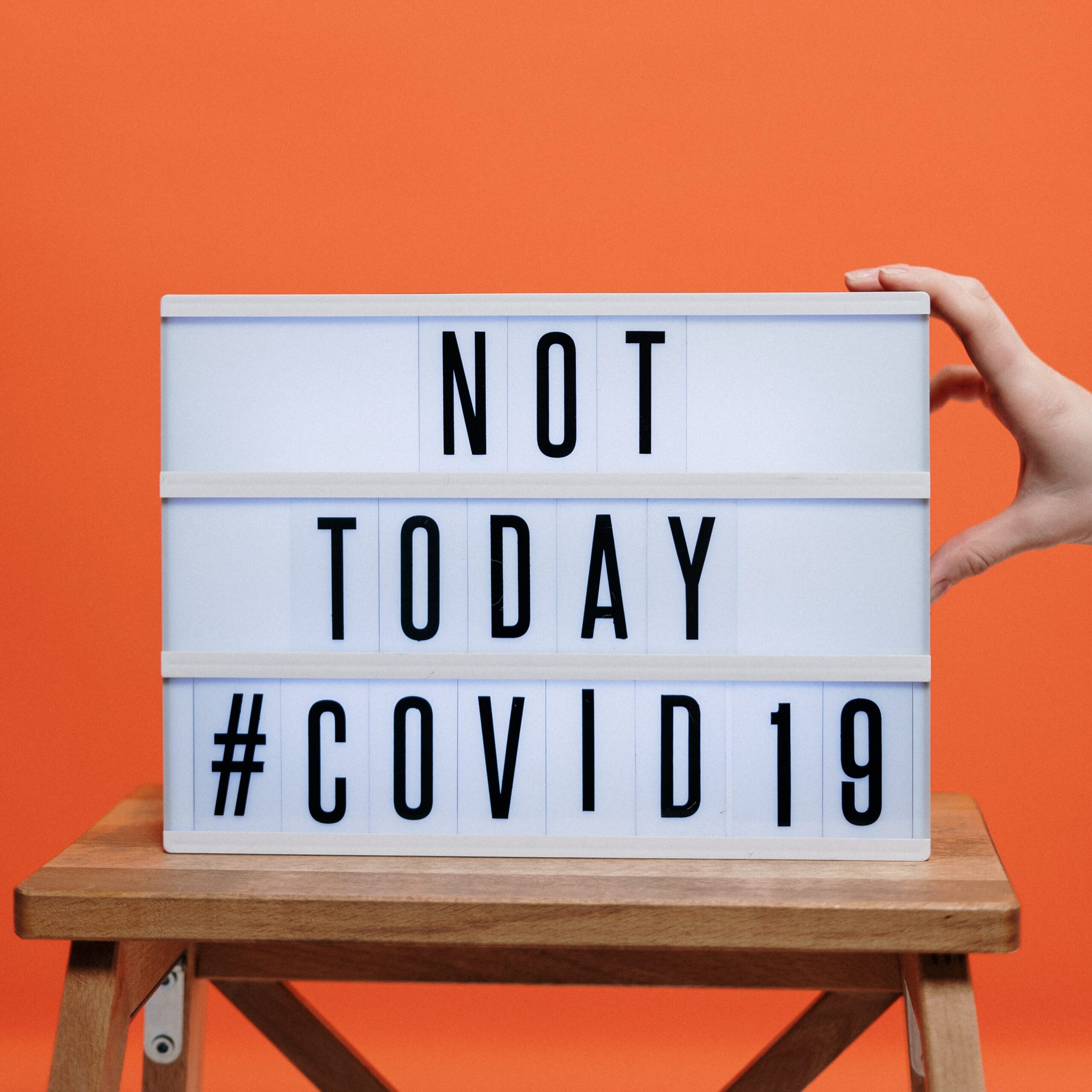Update: Yes, the bivalent booster is an improvement, especially for older or immunocompromised people.
The CDC has approved a booster shot of the Pfizer COVID-19 vaccine. The recommendation is for those who got their shot 6 months ago, are over 65, and have other health issues (comorbidities including immuno-compromised persons). The ACIP (Advisory Committee for Immunization Practices) also recommended a booster for a number of additional situations with increased exposure risk, including group- or long-term living situations, and a range of professions. The CDC updated their guidelines to match shortly thereafter.
It’s not recommended for people who had one of the other vaccines. The Johnson and Johnson vaccine is a different type of vaccine (viral vector vs mRNA). Moderna is expected to apply for a booster approval of their own in the near future. There currently is no information on how it might affect people who started with the a Moderna or J&J vaccine, but switch to a Pfizer booster.
If you fall in one of the recommended groups, and it has been 6 months since your second Pfizer shot, you should ask your doctor if a booster will help you.
Okay but… Why boosters?
Boosters are intended to fortify the protection against infection. If you have a healthy immune system, antibody drop off is not a problem. Your immune system has layers. The vaccine has trained your system to identify the virus, but you don’t have as many antibodies in “active service.” Instead, think of it as having a bunch of trained soldiers in reserve. The booster calls them up for duty, but they don’t have to go through basic training. Unvaccinated immune systems are essentially fresh recruits, learning from scratch. That takes additional time regardless of how healthy the person is. In early studies, vaccines are still protecting people from hospitalization and death even after waning antibody production. This is due to the layers of immune response memory reactivating antibody production from previous “training” by the vaccine.
Currently, the Pfizer booster shot is identical to the original vaccine. It is intended to bump up antibody circulation in systems with waning production, or reinforce immune memory in weak ones. Future boosters may also be able to be “tweaked” to target variants-yes, this may mean you will need multiple boosters. This is possible with almost any vaccine, but is easier to do with mRNA vaccines like the Pfizer or Moderna.
Some countries already have vaccinated a high percentage of their population and are moving into boosters to stop the spread of COVID entirely. The United States, with a lower and varied spread of vaccination, is focusing on using widespread vaccination–with boosters for vulnerable populations–to prevent hospitalization and death.
If you are healthy and not in a high exposure risk environment, you are still protected by your original vaccination. Therefore a booster is not likely to be recommended by your doctor at this time, but it may become recommended in the future.
How bad was the booster?
I received both my Pfizer COVID vaccine booster and my yearly flu vaccine at the same time. I felt comfortable doing this because my reaction to all vaccines, including my earlier COVID vaccination, has been very minimal. (See my videos from my first two shots here). At 24 hours after the double vaccination, I was tired both mentally and physically. I had some tenderness at the COVID vaccine site, but otherwise unaffected. The second day after my vaccinations was a physically demanding day. I was tired, but less mentally worn out. By the third day, I stopped thinking about it entirely. Overall, getting both the Flu shot and Booster was worse than the COVID vaccine alone. In comparison, it was way better than when I got vaccinated for both typhoid and HepA at the same time several years ago–when I slept almost all weekend.
I am happy to answer any questions about my experience with the vaccine to help people understand the likely outcomes.


